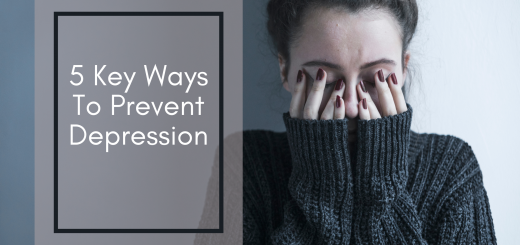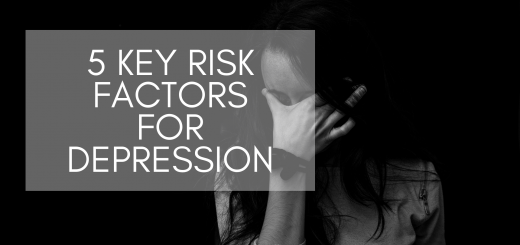6 Key Traits Of Resilient People
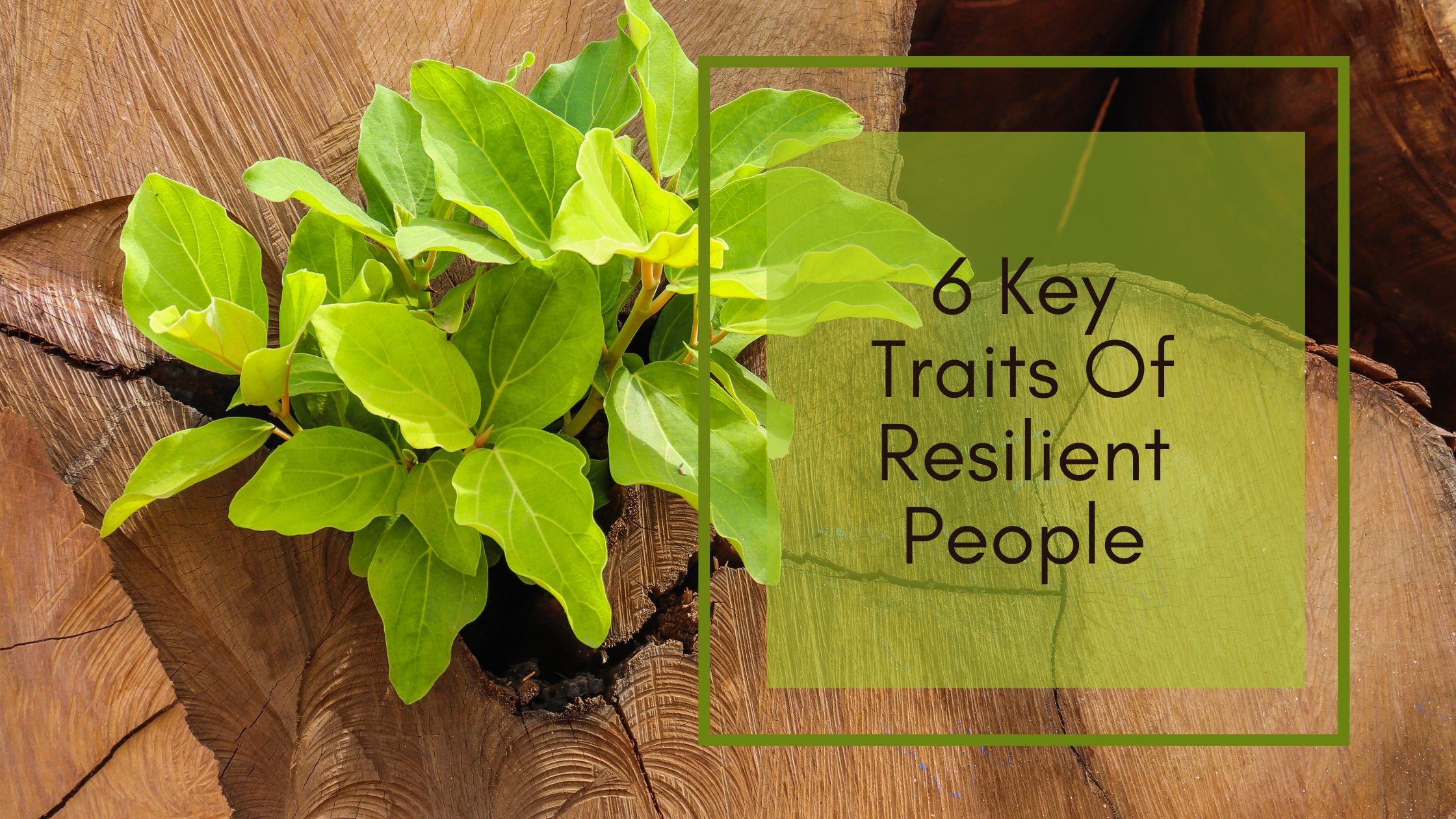
We all know and admire the emotionally resilient people in our lives: people who always seem strong and serene in the face of difficulty. It seems like some people are born resilient or develop it through a life full of adversity.
But happens if we encounter our greatest challenges later in life? Is it possible to learn resiliency? Experts have identified common traits of resilient people and by practicing these traits in our own lives we may be able to become more like the people who practice them naturally.
Be Aware of Your Thoughts and Feelings
Dr. Smita Malhotra, writing for the Huffington Post, identified practicing mindfulness as the number one trait of resilient people.
Mindfulness is the practice of actively paying attention to our own thoughts. Most of us take our thoughts for granted but when we learn to take account of our thoughts it becomes easier to separate the important thoughts from the “noise”.
Some of what we think about involves things that we can do or change in the moment but most of our thoughts tend to go in the directions of dwelling on the past, fearing the future, and wondering what others think of us. If it’s something you can’t change, it’s something you don’t need to be thinking about.
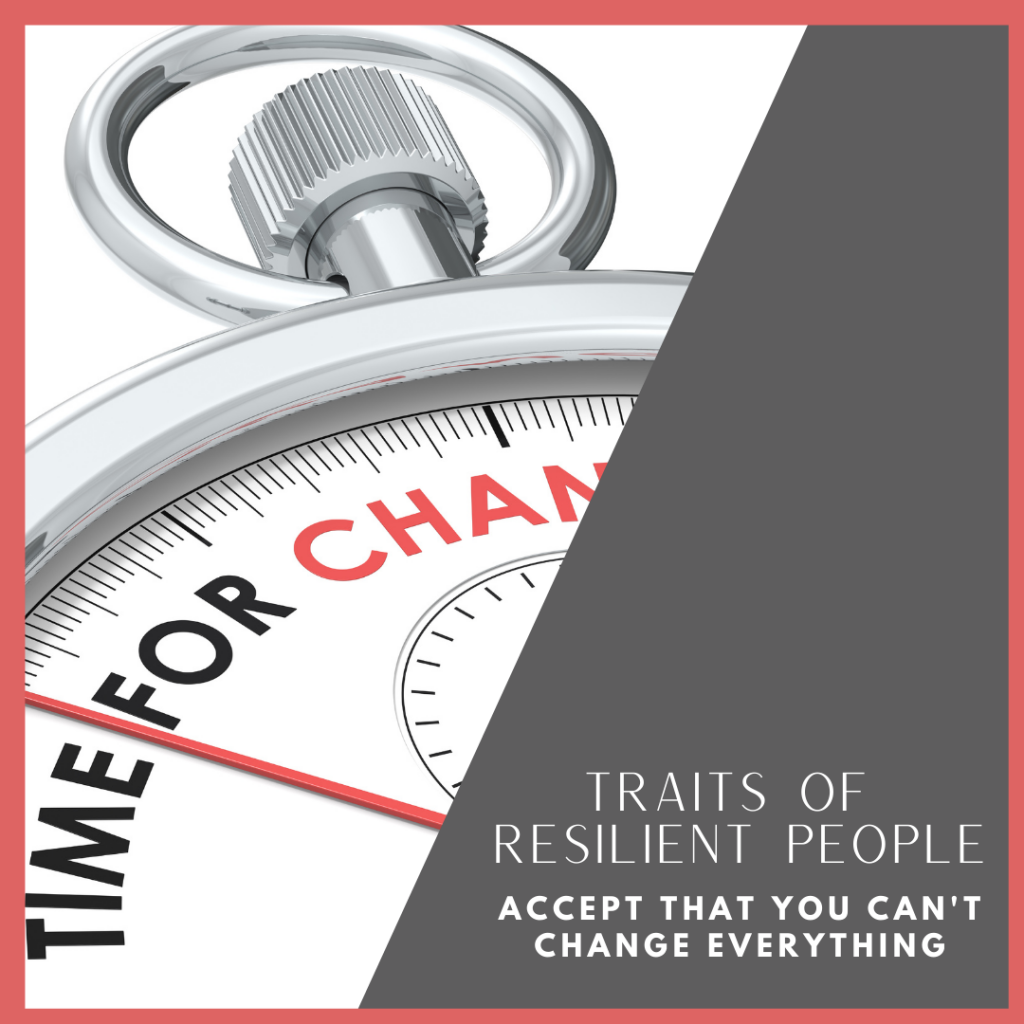
Accept that You Can’t Change Everything
Knowing which thoughts are and are not important requires understanding what we can and cannot change. An article published in Psychology Today identifying the habits of resilient people pointed out that resilient people are able to identify which situations are their own fault and which situations are larger than themselves.
This line of thought can become a cop-out if every time things go rough you throw your arms up and blame it on the universe, but if you accept which things you can and cannot change you can more easily accept the things that you can’t change and change the things you can.
Build Relationships with Positive People
Mindfulness is all about focusing on the self but sometimes our strength needs to come from a supportive network of people who can help us when things get tough.
The American Psychological Association says that the best way to build resiliency is to build our relationships with supportive people. This can mean deepening our relationships with family and friends, or by growing our supportive networks by being involved in social organizations like clubs or religious communities.
Know how to Comfort Yourself
According to the article in Psychology Today, resilient people also know how to offer support to themselves.
Having a list of things that make you feel better or that give you inspiration can be a good way to come back from a rough day, even when other people aren’t around to help get us back on our feet. Healthy examples may include taking a walk, spending time with animals, or just clearing time in the schedule to unwind a little bit.
Don’t Let Your Challenges Define You
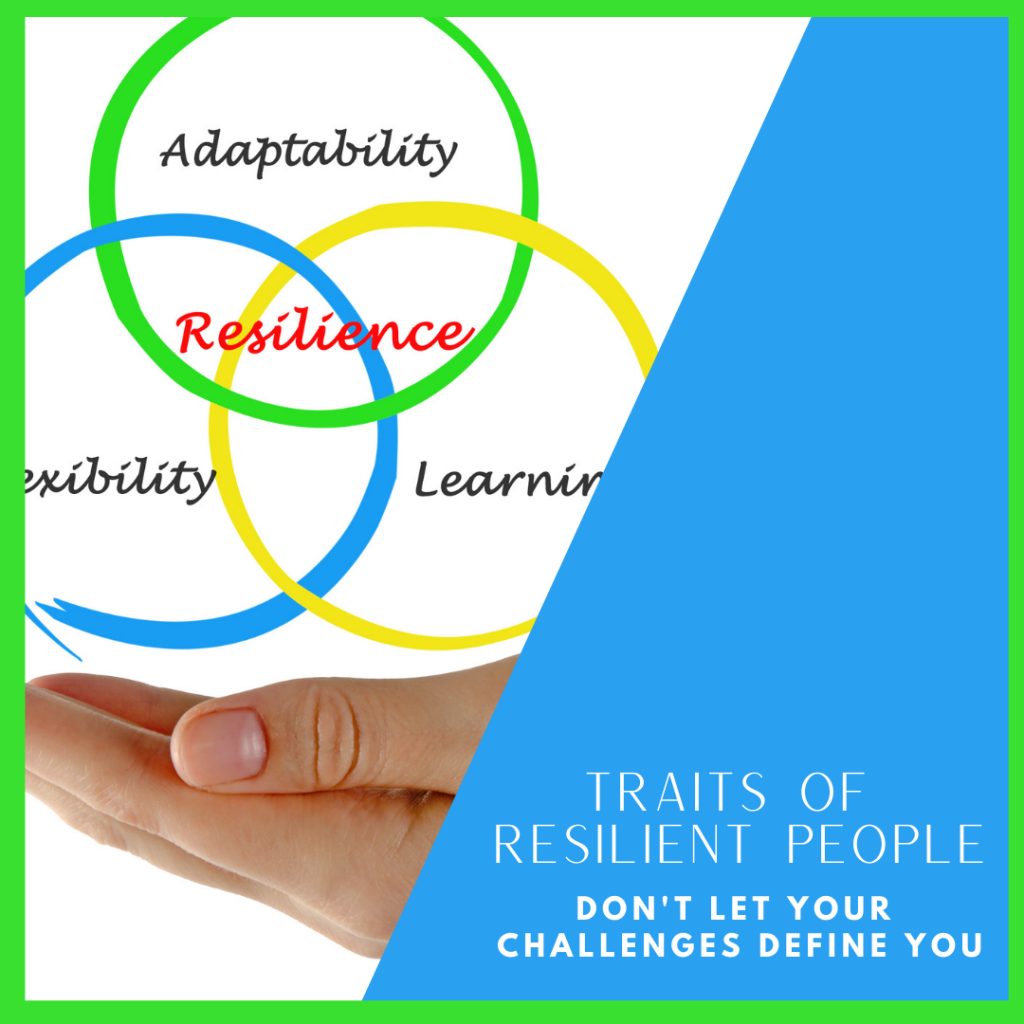
We tend to mark resilient people by things that they do, but an article on Lifehack.org also recognizes the things that resilient people don’t do. According to the article, resilient people don’t let tragedy define them.
Difficult things happen to everyone. Resilient people are defined not by their challenges, but how they respond to those challenges.
Emotionally resilient people understand their surroundings and their emotions. Looking for advice on how to develop resiliency is a good sign that you aren’t willing to give up but only you can find out the best way for you to approach life’s problems.
Remaining calm and strong in the face of difficulty doesn’t always mean solving the problem alone. It might not mean solving the problem at all. What it does mean is doing what you can and accepting what you can’t.





